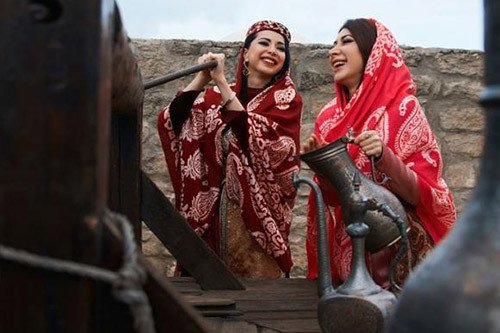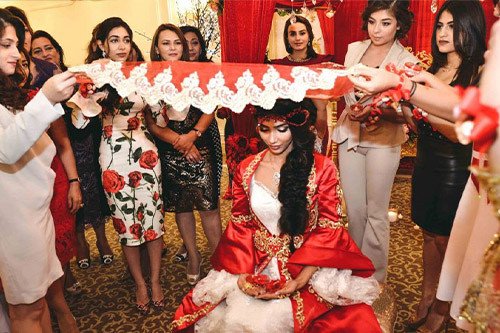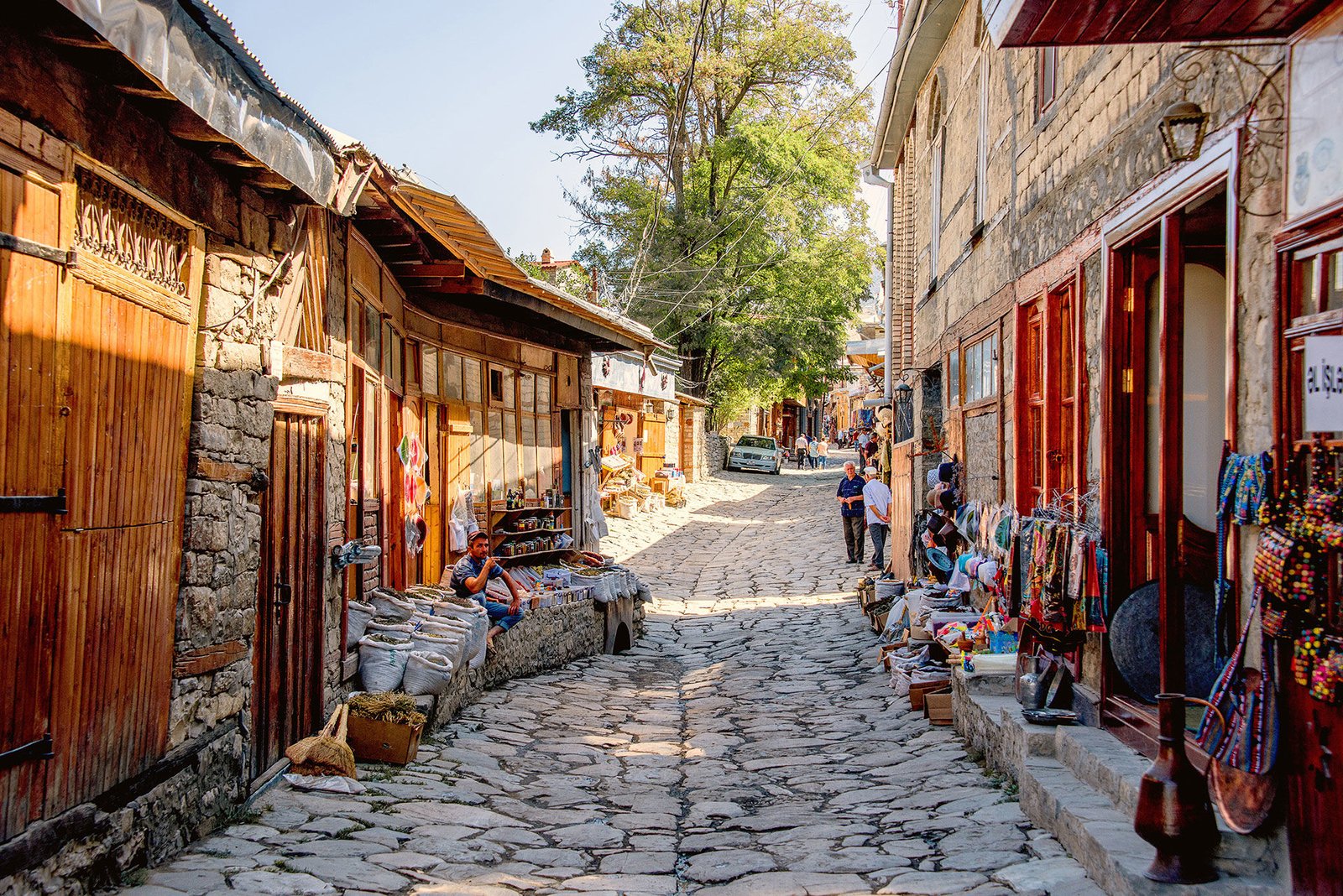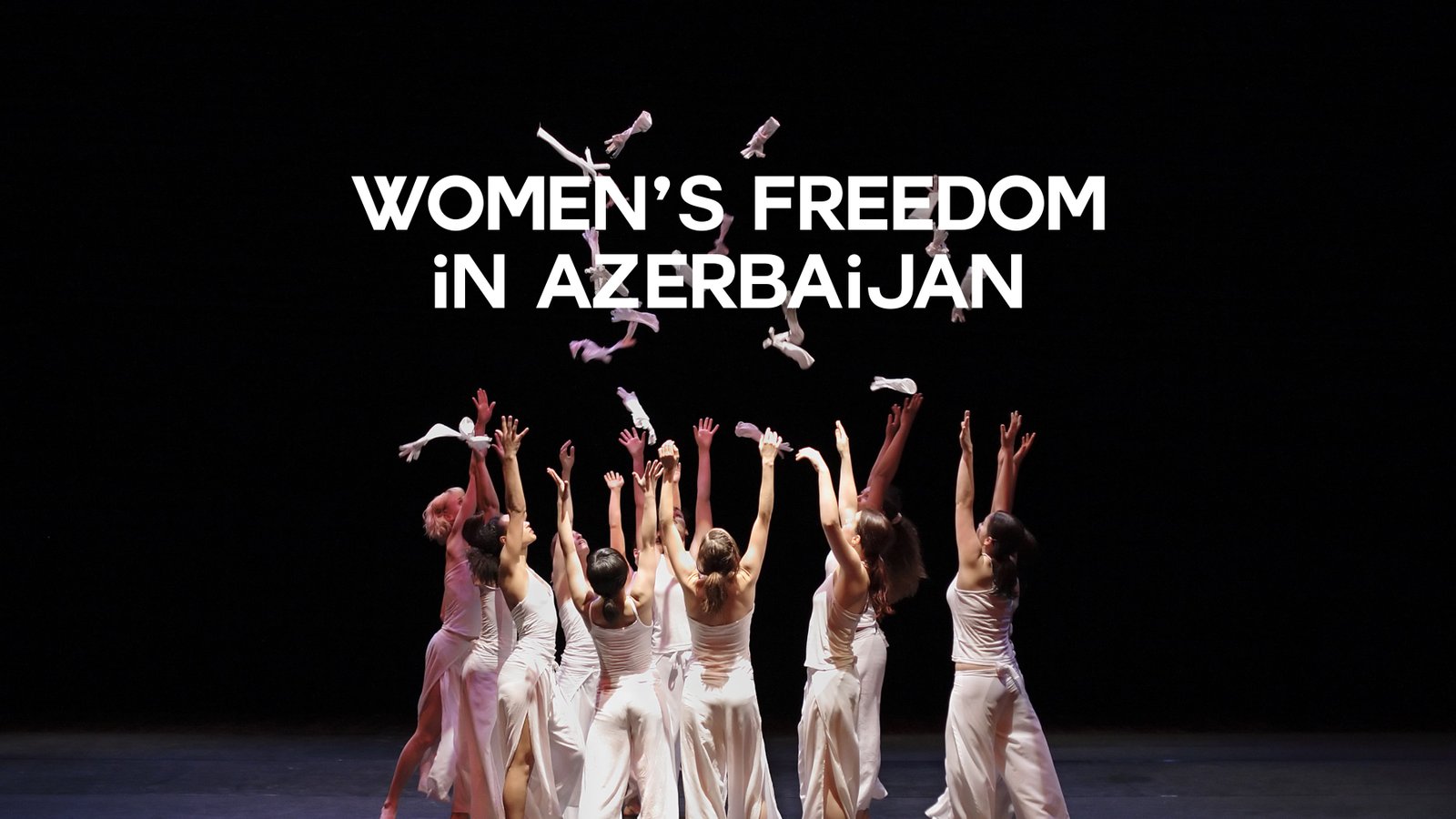Traditions of Azerbaijan: The Living Soul of a Nation
Azerbaijan is a land where the past and present don’t simply coexist — they intertwine. Here, traditions are not locked away in museums or buried in history books. They live in every home, in every gesture, in every smile. Customs are passed down not through written rules but through the warmth of family life, through shared meals, through that special atmosphere where respect and kindness are the foundation of everything.

From the very first days of life, Azerbaijani culture surrounds a child with care and blessings. In the first forty days after birth, mother and baby are lovingly protected by the family — a time of peace, prayer, and quiet joy. When the child takes their first steps, it becomes a celebration for everyone: a small rug is spread on the floor, symbolic items are placed before the baby to predict their future path. These simple rituals are not only traditions — they are expressions of faith, love, and deep humanity.
Hospitality is one of the hallmarks of Azerbaijani life. In this country, the door is almost always open, and the table is always set. It is believed that every guest brings good fortune, so they are welcomed not only with food but with warmth and sincerity. Tea — served in pear-shaped glass cups called armud — is much more than a drink. It is a symbol of friendship, a way to slow down time, share stories, and create memories.
Among the most beautiful and deeply rooted traditions is the Azerbaijani wedding — a vivid union of ancient ritual and modern celebration. A wedding here is not just a ceremony, but a festival of music, dance, and joy. It begins with an engagement, followed by the henna night, when the bride’s hands are decorated with red patterns symbolizing love and happiness. On the wedding day, the sounds of the zurna and nagara fill the air, and the tables overflow with delicacies. As the bride enters her new home, she breaks a clay plate — a gesture to bring good luck and ensure that happiness never leaves the family.
Music and poetry are woven into the fabric of Azerbaijani identity. The traditional art of mugham is more than music — it is the voice of the nation’s soul. A mugham performer does not simply sing; they tell a story, converse with the listener’s heart, and express emotions that cannot be captured in words. The same spirit lives in Azerbaijani proverbs and sayings — fragments of wisdom that have guided generations and shaped the collective character of the people.

Traditional crafts remain a vibrant part of everyday life. Carpet weaving, metal engraving, jewelry making, and wood carving are not merely skills — they are art forms born of devotion. Every handwoven carpet tells a story through its patterns: symbols of the sun, peace, fertility, and harmony. These motifs have become a visual language, uniting the nation’s diverse regions and histories. Traditional garments, rich with embroidery and gemstones, are more than attire — they are expressions of identity, worn with pride and grace by Azerbaijani women for centuries.
Despite rapid modernization, Azerbaijan continues to honor its roots. In both the bustling cities and quiet mountain villages, respect for elders, hospitality, and family values remain sacred. Many customs have been reimagined for modern life — folk songs are sung at weddings, national ornaments appear in contemporary architecture, and traditional dishes grace festive tables just as they did generations ago.
The traditions of Azerbaijan are not relics of the past — they are a living heritage that breathes in every home, every family, and every heart. They embody the nation’s wisdom and resilience, its kindness and grace. They are the invisible yet powerful thread connecting the past to the present — making Azerbaijan not just a place to visit, but a place to feel, to belong, and to remember.







.jpg)




Comments
No comments yet.
Leave a Comment